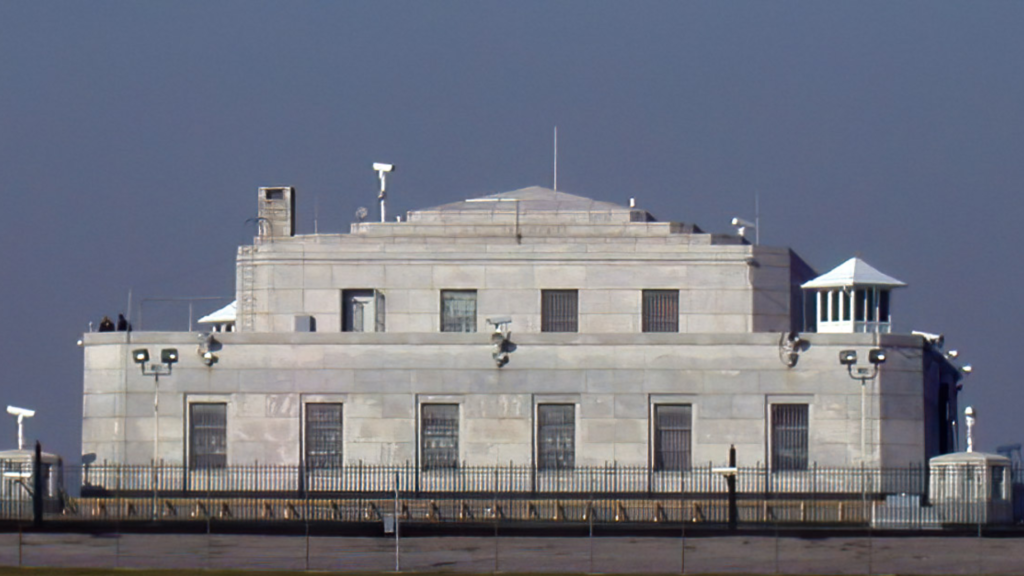
Senator Rand Paul is calling for a long-overdue audit of the U.S. gold reserves at Fort Knox, a process that has not taken place in nearly 50 years.
His demand stems from growing concerns over whether the 4,580 tons of gold supposedly stored at the facility still exist or if government officials and the Federal Reserve have engaged in financial mismanagement behind closed doors.
The push for transparency gained momentum after a post on X by conservative news outlet Zero Hedge reignited debate over the issue.
The post suggested that Elon Musk should inspect Fort Knox to verify the gold reserves, noting that the last known audit occurred in 1974. Musk responded by questioning whether the reserves are reviewed annually, to which Paul replied bluntly, “Nope. Let’s do it.”
Nope. Let’s do it. https://t.co/4sgVpaCwwz
— Rand Paul (@RandPaul) February 16, 2025
The last known audit of Fort Knox’s gold began in 1974 and continued until 1986, during which approximately 97% of the reserves were reviewed and placed under official joint seals.
This audit was conducted by a government committee composed of auditors from the General Accounting Office, the U.S. Treasury, and the Bureau of the Mint.
At the time, officials reported that the U.S. held 276 million fine troy ounces of gold across various federal depositories, with the largest portion—147.4 million ounces—stored at Fort Knox.
Since the conclusion of that audit, no comprehensive review has been conducted. A Freedom of Information Act request seeking all audit reports from this period revealed that seven of these crucial documents are missing.
Researcher Koos Jansen, who filed the request, discovered that the Treasury Department could not produce these reports, and even the Office of Inspector General only had access to four out of the 13 audits conducted between 1974 and 1986.
Jansen described his frustrating experience with the FOIA process, noting that after initially receiving confirmation that his request was being processed, it later disappeared from the system without explanation.
When he followed up, he was told that the requested reports were not found in the National Archives, the Treasury Department, or the Office of Inspector General.
Despite these missing documents, the reports that have been made public include audits from 1974, 1977, 1981, 1985, and 1986. Interestingly, these are the same reports referenced in a congressional hearing in 2011, suggesting that the remaining seven may have been lost or deliberately withheld.
The debate over Fort Knox’s gold reserves has resurfaced at a time when U.S. government debt and inflation are at concerning levels.
In 2021, former Representative Alex Mooney introduced legislation to conduct a full audit, assay, and inventory of U.S. gold holdings, as well as a detailed review of all gold transactions involving the federal government.
Mooney warned that as Russia and China rapidly accumulate gold, the U.S. must ensure that its own reserves are both secure and fully accounted for to maintain economic and national security.
Paul’s renewed call for an audit highlights the ongoing skepticism surrounding the transparency of America’s gold reserves. Whether his push will result in action remains to be seen, but public demand for accountability continues to grow.

